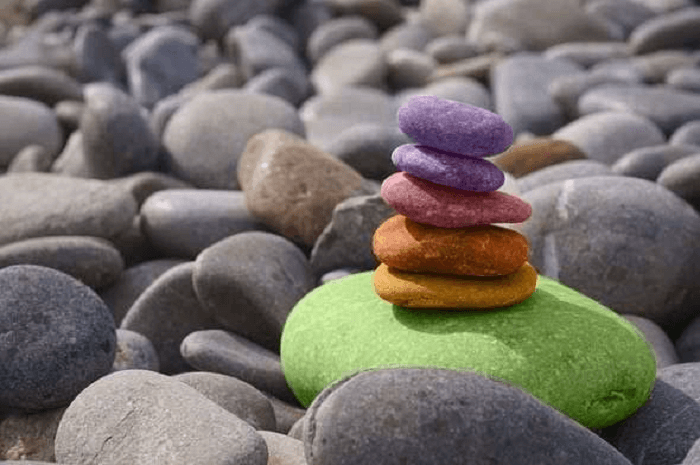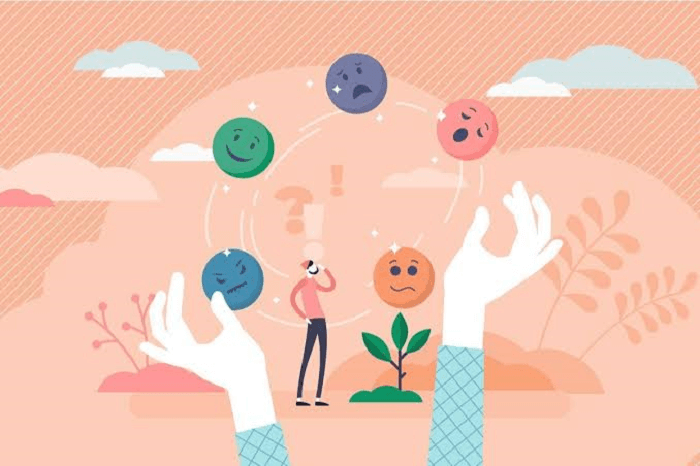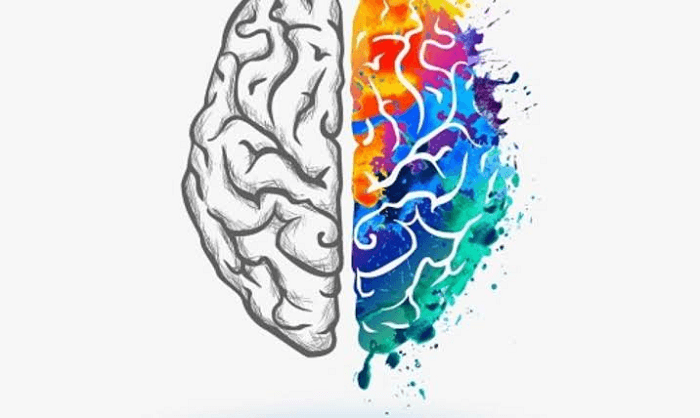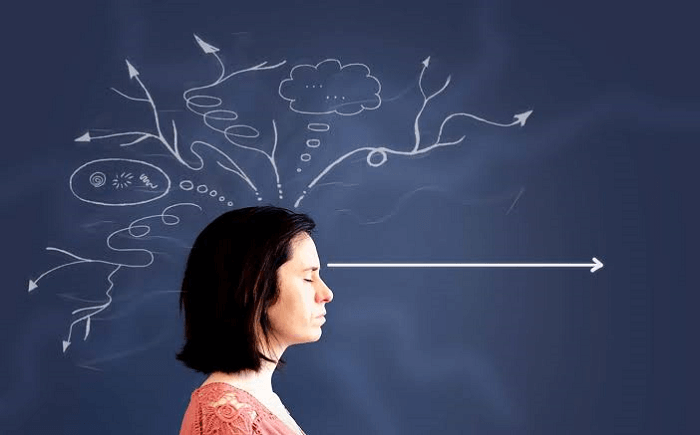Concentration-DefinitionConcentration can guide one's focus or attention in the direction they want. It denotes attentional control. It is the capacity to focus on an idea, object, or issue without becoming distracted. This is the capacity to pay attention to one thing while ignoring other irrelevant ideas. Additionally, it refers to the capacity to focus on one task at a time rather than switching between them and wasting time, energy, and attention. When one is entirely focused on one subject and unaware of everything else, they are said to be in a state of concentration. Concentration refers to focusing one's thoughts and attention on a single object or idea. 'The capacity to focus all of your energy and thoughts exclusively on one object.' - The Oxford Learners' Dictionary. 
When people concentrate, their thoughts are singular and directed toward the object of their concentration. This one concept becomes the focus of all mental energy. Since it is uncommon, training is necessary to hone the skill of mind control and attention management. Most people struggle to control their attention and keep their thoughts entirely on one thing at a time. They cannot control when and how their thoughts will focus. Understanding ConcentrationIn ChemistryConcentration in chemistry refers to the quantity of material in a specific area. Another way to think about concentration is the proportion of a solution's solute to its entire solution or solvent. Mass per unit volume is the most used unit of measurement for concentration. The solute concentration can, however, be given as several moles or volume units. Concentration may be expressed as per unit mass rather than volume. Concentration may be computed for any combination, even though it is often used for chemical solutions. Examples of Concentration Units: g/cm3, kg/l, M, m, N, and kg/L 
Concentration Calculation Calculating concentration technically involves dividing the solute's mass, moles, or volume by that of the solution (or, less frequently, the solvent). The following are some instances of concentration units and formulas: ü Molarity (M): moles of solute per liter of solution (not solvent) ü Mass Concentration (kg/m3 or g/L) = mass of solute/volume of solution ü Normality (N) - grams of an active solute per liter of solution ü Molality (m) - a mass of solvent/moles of solute (not mass of solution!) ü Mass Percent (%) = 100% × Mass Solute/Mass Solution (The mass unit is the same for solutes and solutions.) ü Volume Concentration (no unit): Volume of the solute/Volume of the mixture (both in the same volume units) ü Number concentration (1/m3) - the product of a component's number of entities (atoms, molecules, etc.) and the mixture's total volume. ü Volume Percent (v/v%) = volume solute/volume solution × 100% (solvent and solution volumes are measured in the same units). ü Mole Fraction (mol/mol) - the ratio of the solute's moles to all the species in the mixture. ü Mole Ratio (mol/mol) - the ratio of the solute's moles to all other species in the mixture. ü Mass Fraction (kg/kg or parts per) - a mass of one fraction (which might be made up of numerous solutes)/total mass of the combination ü Mass Ratio (kg/kg or parts per): Solute mass divided by the total mass of the mixture's other components ü PPM - A 100 ppm solution equals 0.01% in PPM (parts per million). While still in use, mole fraction has mostly taken the role of the "parts per" notation. ü PPB (parts per billion)- this is frequently used to indicate contamination of diluted solutions It is possible to convert some units between one another. The fact that volume is influenced by temperature makes it only sometimes a brilliant idea to convert between units that are determined by the volume of the solution and those based on its mass (or the other way around). In PsychologyThe capacity to steer one's thoughts in the direction one desires is referred to as concentration. All of us can focus occasionally. However, there are moments when our minds are racing, and our thoughts are disorganized. We must acquire and hone focus techniques to handle such situations. It takes practice and daily repetition to develop the talent of concentration. As with any skill, this process must continue until one can feel that they have made enough progress to feel confident in their ability to focus when necessary. One's capacity for concentration is dependent on the following: Commitment We must commit to exerting the effort necessary to complete the assignment as we intend. Taking the work and ourselves seriously is tough if we are merely half-heartedly trying. 
Enthusiasm We find it simple to encourage ourselves to begin a work when we are interested in what we are doing and find it enjoyable to complete. Once the action is underway, our feelings of participation keep us moving forward because we want to complete it. 
Skill When we are confident that we can accomplish something, we can work without worrying about whether it will work. Concentration is frequently hampered by anxiety. Psychological and Physical status We tend to be optimistic when we are in excellent physical condition?when we feel rested, at ease, and ease?and when our emotions are peaceful and kind. Because we are less concerned with how dreadful we are or how bad life is, this improves our self-esteem and ability to focus. Emotional Condition For instance, when we are preoccupied or distracted, we have limited brain room for other thoughts since we are preoccupied with what is happening in those states. Environment When our surroundings constantly distract us from what we are doing?noise, extreme heat or cold, uncomfortable furniture, or stressed-out neighbors?it is far more challenging to focus. 
Expanding Concentration SpanOur concentration span is how much time we can focus on a particular subject without allowing our minds to stray. Our goal in developing our concentration abilities is to increase our attention span, keeping in mind that it will vary depending on the work. It can't be made infinitely big! The average person discovers that their level takes them around an hour to do most things. However, for some people and some tasks, it may just take a few minutes, whereas, for others, it may take more than an hour. Daydreaming, anxiety, and boredom are the primary obstacles to concentration. Thus, we must overcome these obstacles to improve our ability to concentrate. Start by practicing the following three fundamental concentration techniques if the goal is to increase the ability to focus. Additional tactics that allow one to expand on the fundamental abilities will come after them. 1. STOP!!!It may seem extremely straightforward, but it works. Say to yourself, "STOP," and then gently direct the attention back to the desired location when you become aware that the ideas are straying. Please bring it back each time it wanders. This might happen numerous times each minute to start. However, each time, the shout stops before refocusing. Forbidden ideas attract like a magnet, so don't waste time attempting to push them away; instead, try to stop and refocus. One will first perform this a dozen times every day. But if one perseveres, one will notice that the interval between those wandering thoughts grows slightly longer daily. 
2. AttendingIt's essential to remain focused and resist becoming side-tracked in this. Ideally, few people concentrate on the object in front of them, which is akin to having tunnel vision or being concentrated. Use the STOP method to stop being distracted and refocus. Many circumstances exist that one can practice attending: For instance, if someone moves or coughs during a lecture, ignore them, don't look at them, and intentionally block them from the link or tunnel between themselves and the presenter. 
For instance, in a social scenario, focus only on one person, paying close attention to what they say, what they do, how they appear, etc., and tune out the activity around them. 3. Worry timeSet up a specific time or several times during the day when you can worry. Setting them just before something you know you will do will help you stop stressing on time, such as right before watching your favorite TV show or eating a meal. During the day, push away any anxious or off-task thoughts and put them off until your next worry session. Then, get back to what you were doing. 
Some individuals find it beneficial to write down the banished idea. It is simpler to banish a thought if one is confident they won't forget it once they get to the worrying time. You must stick to your worry time(s) and force yourself to worry nonstop throughout that period. Decide to cut back on the time you have available if you realize you need more time to fill it. When specific issues arise, especially if you make a list, it's an excellent sign to take action. 4. Active EducationEach person has a unique way of learning. Some people learn by reading afterward, reflecting on what they have read. Others learn by writing down their notes quickly and then remembering them. Still, others learn by establishing associations with the content. Once you know your preferred learning method, you should structure the content to match it; otherwise, learning will be more challenging than it needs to be, and you will find it difficult to focus. Owning your internal "language" is a prerequisite for developing a unique learning style. Simply put, this refers to the words you employ to interpret and comprehend the course material so that it makes sense to you. If you are still determining your preferred learning method, consider discussing your experience with someone knowledgeable about this subject or familiar with your working style. BottomlineIn everyday life, concentration is crucial. Scientists have shown that a person's capacity for sustained attention might be a key predictor of future success. Numerous potent and extraordinarily prosperous individuals, like Steve Jobs and Bill Gates, emphasized the importance of simplicity and prioritizing. As a well-known Zen saying goes, "When walking, walk; when eating, eat." This saying refers to more than just walking and eating. It defines a way of living. Simply put, paying attention to what you are doing now matters most. The finest outcomes may be attained in this manner. 
Concentrating on the mind is essential for achievement in all spheres of life, including material and financial issues, self-improvement, and meditation. You can resist being distracted and conserve time and energy with this talent. You require it to manage your day-to-day affairs, pursue your objectives, form new habits and talents, meditate, and find inner peace. 
One can complete tasks more quickly, effectively, and accurately with a concentrated mind. A concentrated mind enables one to avoid distracting ideas and direct focus solely on what they're doing. The ability to focus will get better, which will reduce mental agitation. This capacity to respond more quickly and prevent mistakes increases when the person pays attention to his actions.
Next TopicCRM Definition
|
 For Videos Join Our Youtube Channel: Join Now
For Videos Join Our Youtube Channel: Join Now
Feedback
- Send your Feedback to [email protected]
Help Others, Please Share










